
Abolishing Mammography Screening Programs? A View From The Swiss Medical Board
The Swiss Medical Board's report was made public on February 2, 2014 (www.medical-board.ch). It acknowledged that systematic mammography screening might prevent about one death attributed to breast cancer for every 1000 women screened, even though there was no evidence to suggest that overall mortality was affected.

Mammography Screening Is Being Abolished In Switzerland
The Swiss Medical Board reviewed all of the available evidence and released a report in February of 2014 stating the evidence does not support a common medical mantra that mammograms are safe and capable of saving lives.
It appears that mammography may prevent only one (1) death for every 1000 women screened while causing harm to many more. In their review the Board advised the quality of mammography screening should be evaluated and women should be informed in a ‘balanced’ way, about the benefits and harms of screening.
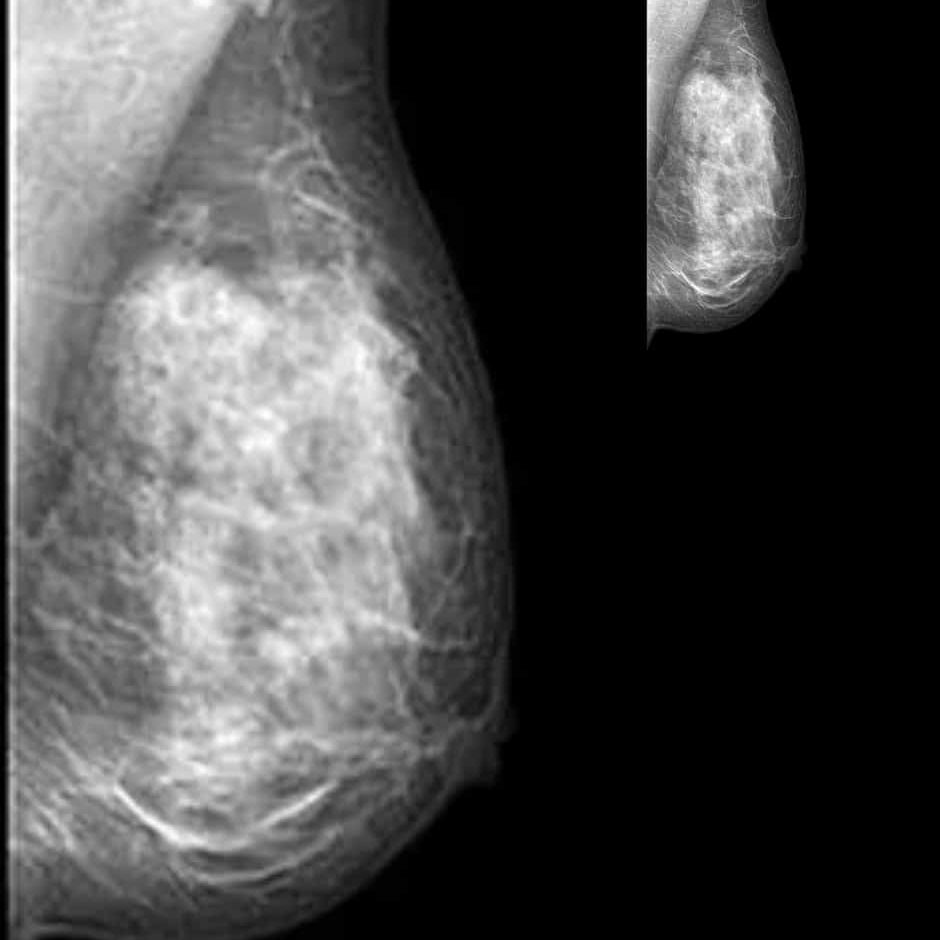
Breast Cancer Detection Using Automated Whole Breast Ultrasound And Mammography In Radiographically Dense Breasts.
The performance of mammography is reduced for cancer detection in dense-breasted women as mammograms are summation images, with all breast tissue overlapping each view. Cancers may not be visualized because of overlying dense breast tissue. Mammography can miss far posterior cancers in the retro-mammary space because of the inadequate positioning of deep tissue.
Dr. Kevin M. Kelly, Judy Dean, W. Scott Comulada, Sung-Jae Lee

Sensitivity And Specificity Of Mammography And Adjunctive Ultrasonography To Screen For Breast Cancer In The Japan Strategic Anti-Cancer Randomized Trial (J-START): A Randomized Controlled Trial
Mammography with adjunctive ultrasonography was associated with a significantly higher detection rate of breast cancer than mammography alone. 78% of breast cancers detected by ultrasonography alone were clinical stage 0–I, and most were invasive and node negative. These findings are similar to those in previous studies where ultrasonography detected breast cancers at early and preclinical stages.

Effect Of Breast Augmentation On The Accuracy Of Mammography And Cancer Characteristics
Breast augmentation may interfere with the interpretation of mammography examinations because implants are radioopaque.
Diana L. Miglioretti, PhD; Carolyn M. Rutter, PhD; Berta M. Geller, EdD; Gary Cutter, PhD; William E. Barlow, PhD; Robert Rosenberg, MD; Donald L. Weaver, MD; Stephen H. Taplin, MD; Rachel BallardBarbash, MD, MPH; Patricia A. Carney, PhD; Bonnie C. Yankaskas, PhD; Karla Kerlikowske, MD
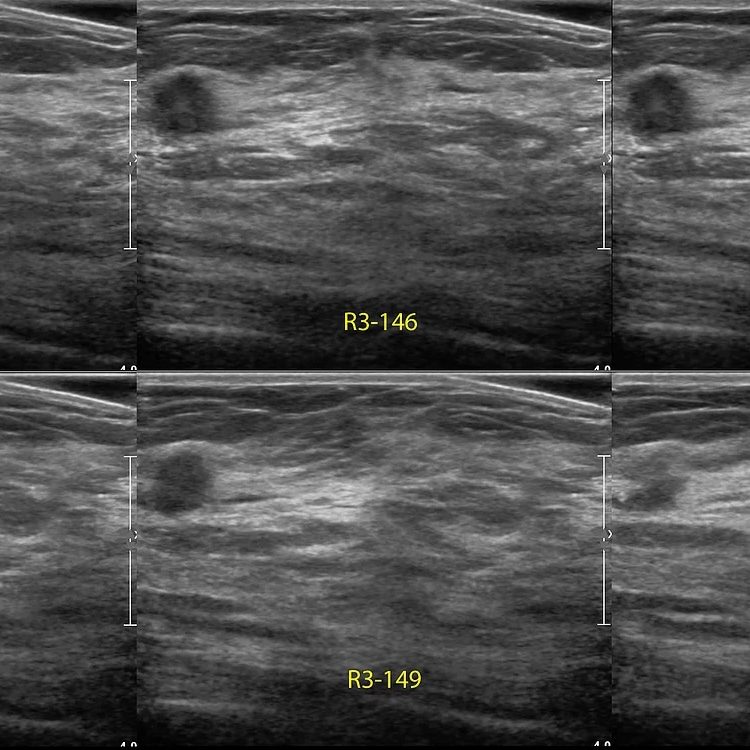
Automated Breast Ultrasound Findings Resulted In Significant Improvement In Early Cancer Detection
Ultrasound has been tested as an additional screening for breast cancer in women with dense breasts but has not gained wide acceptance because of the time and skill required for hand-held scanning. We have previously reported initial experience with automated whole breast ultrasound (AWBU) as an adjunctive screening with combined analog and digital mammography and now present an additional 1204 studies, in women with digital mammography only.
Abstract by Judy Dean Presented at RSNA 11-28-11

Automated Breast Ultrasound Comparison
The addition of Automated Breast Ultrasound to the mammographic screen more than doubled the detection of node-negative breast cancer in dense-breasted patients (3.4 to 8.4 per 1,000) without significantly prompting unnecessary biopsies.
Conclusion: Automated Breast Ultrasound as a supplemental screening tool for women with mammographically dense breasts
Abstract by Belinda Barclay-White Presented at RSNA 11-28-11
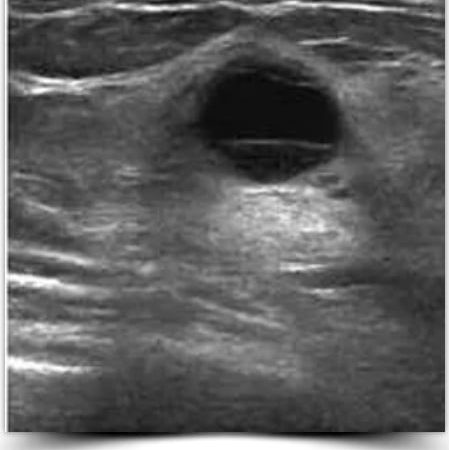
Ultrasound As The Primary Screening Test For Breast Cancer
The Ultrasound equipment used in this study, between 2004 and 2008, is comparable to what is now available on low-cost devices. We found that, despite a higher rate of false positives, screening Ultrasound depicted a similar number of cancers as did mammography but with statistically significantly higher proportions of invasive and node-negative invasive cancers.
Wendie A. Berg, Andriy I. Bandos, Ellen B. Mendelson, Daniel Lehrer, Roberta A. Jong and Etta D. Pisano

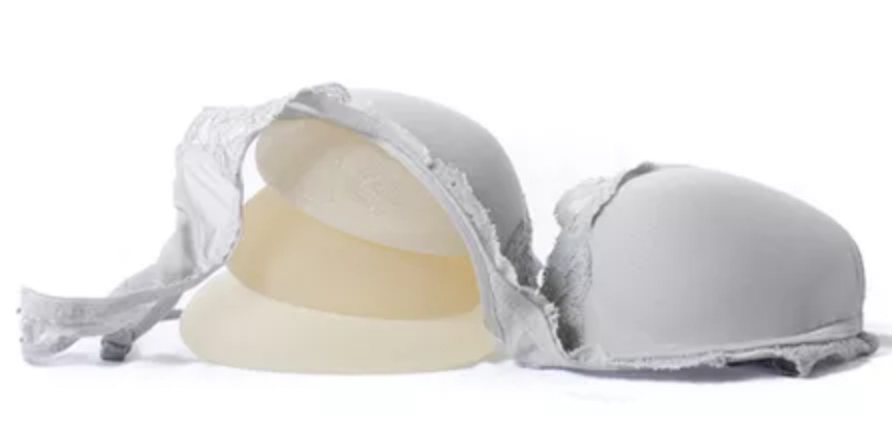
Breast Implants: A Research And Regulatory Summary
Breast implants interfere with the detection of breast cancer because implants can obscure the mammography image of a tumor. Implants, therefore, have the potential to delay the diagnosis of breast cancer. Although special techniques are designed to minimize the interference of the implants, the most recent research indicates that 55% of breast tumors will still be obscured. That is much higher than the 33% obscured in women without implants in the same study. Mammograms also tend to be less accurate if the woman has capsular contracture. In addition, a study by FDA scientists indicates that silicone or saline implants sometimes rupture when women undergo mammograms. For that reason, women with implants may be reluctant to undergo mammograms because of fear of rupture.
By Diana Zuckerman, Ph.D., Elizabeth Santoro, RN, MPH, Emily Moore, BA and Judith Faucette, JD
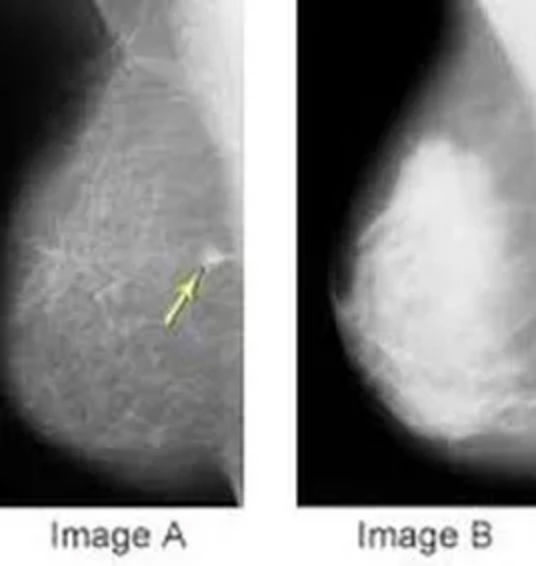
Early Experience With Automated Whole Breast Ultrasound Screening (AWBUS) As An Adjunct To Mammography In Women With Heterogeneously Or Extremely Dense Breast Tissue And A Normal Screening Mammogram
The analysis of our early experience utilizing AWBUS supports its clinical utility in identifying mammographically occult cancers in heterogeneously and extremely dense breasted women with normal screening mammograms. Our cancer detection rate was noteworthy while our call back rate and PPVs were very acceptable. Importantly, the call back rate decreased significantly relative to the experience of the reader. We would expect this trend to continue. While these data are encouraging, larger numbers will be needed to confirm our findings.
Herron D*, Satre L, Haines P.
